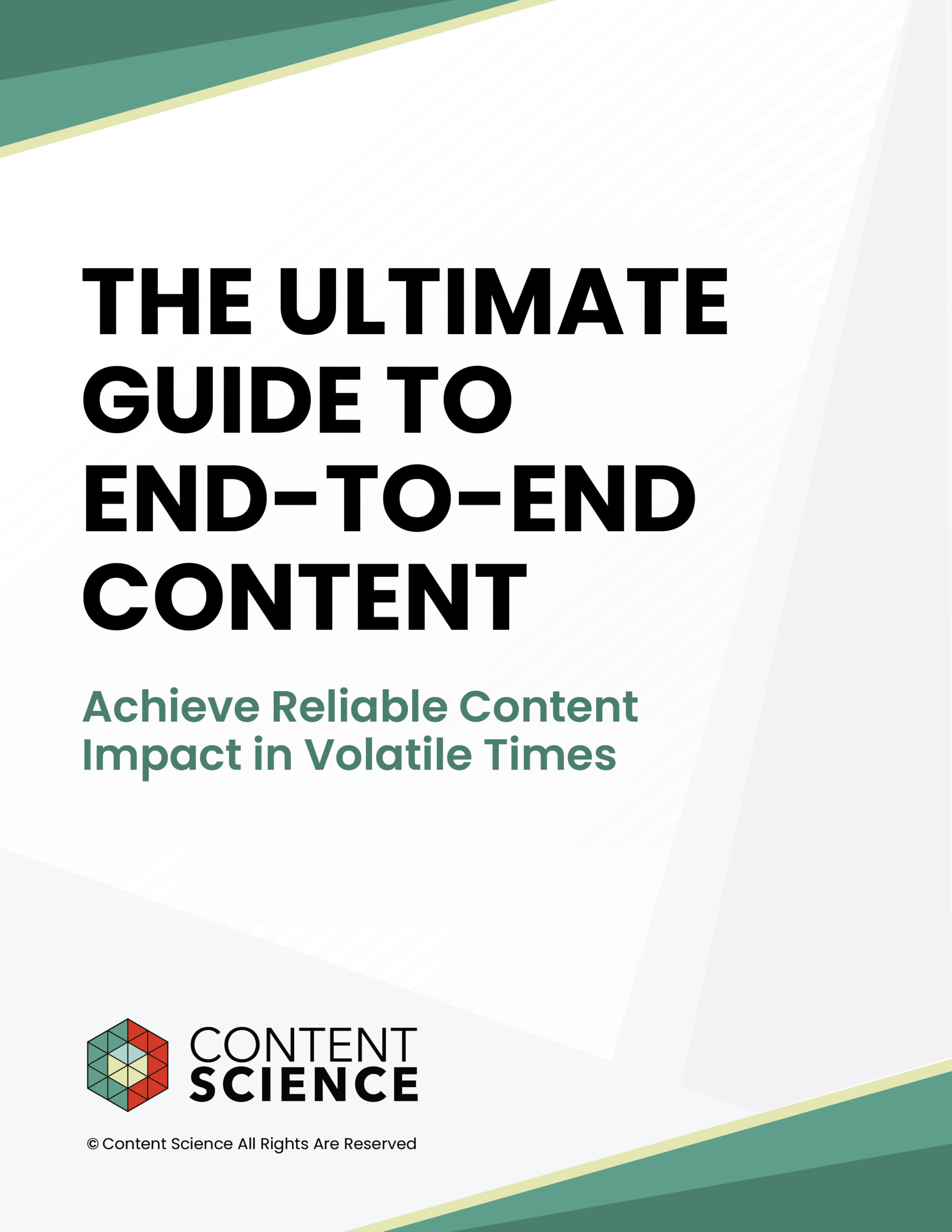

Content holds the powerful capacity to change the world. It can and should be a force for positive change. As practitioners, in order for that change to happen, we must have solid comprehension about the state of the industry, including regions outside of North America.
We spoke with Getty Images Latin America’s Alejandro Valencia about the rise of social media and its impact on the region, the differences in consumption, and education on content nuances within the industry.
How would you describe the state of the marketing side of content in Latin America?
Content itself has been here for a long time, and people here are using the word “content” for a lot of things. If we want to talk about more content marketing and things that are more strongly related to content strategies, it’s rising and emerging. Not everybody understands perfectly what it is and how it works.
It almost sounds as if the word “content” is a catchall term for the region.
For some people it is, and it is an issue. The rest of us, the ones who are more involved with the different kinds of usage of the word “content,” it’s a headache. You’d be surprised of CMOs or Marketing Managers using the wrong terms. Of course education about the state of content here is what will keep it moving forward.
How are the majority of Latin Americans consuming content?
I think it depends on what it is — what exactly we’re consuming. The consumption of Internet and online content is operating strongly on laptops, smartphones, and tablets, and it’s growing. Five years ago it was just 30% of Mexicans were connected to the Internet, and now that number is 55%.
It’s a really huge increase, and I think it will keep growing in the same way. Mexico has almost half of their people in poor conditions. So, the Internet is growing bigger than solving the (living) conditions of Mexicans.
Mexico and, in general, Latin America are consuming a lot of social media compared to the rest of the world. As a result, visual and video content are more important in Latin America. There’s a great article in Harvard Business Review that notes when asked about their top priority projects, 17% of marketers in Latin America reported prioritizing visual and video content, compared to 11% of their North American counterparts.
What are the greatest challenges you think the content marketing industry faces today?
The very basic one is to let people know what really is content marketing and what the other content usages are. One of the biggest challenges is to make people understand how content marketing works — a long-term process, that the results are not exactly immediate. The second challenge is about patience.
Is publishing in print still really big there?
Yes. Mexico, Brazil, and Colombia are really big markets for print and magazines. Whereas content marketing is strong in Latin America. Brazil is the biggest market in Latin America. Then Mexico, then Argentina is the third one regarding the size of the market and the size of the types of prints Latin Americans read today. I think Colombia is emerging, but I think it’s mainly about Brazil, Mexico, and Argentina doing the big job and structure.
What do you think the state of online media is for Mexico specifically?
There are rumors that newspapers are going to die and magazines are going to die, and I think that is an often-too-repeated speech from a long time ago, and they didn’t die. They’ve just transformed in the ways they are still communicating to their audience, because their audience is huge. Any brand would like to have the amount of people that pay attention to any media company down here. They are just taking advantage of that and going to online.






Comments
Comments are closed.
We invite you to share your perspective in a constructive way. To comment, please sign in or register. Our moderating team will review all comments and may edit them for clarity. Our team also may delete comments that are off-topic or disrespectful. All postings become the property of
Content Science Review.